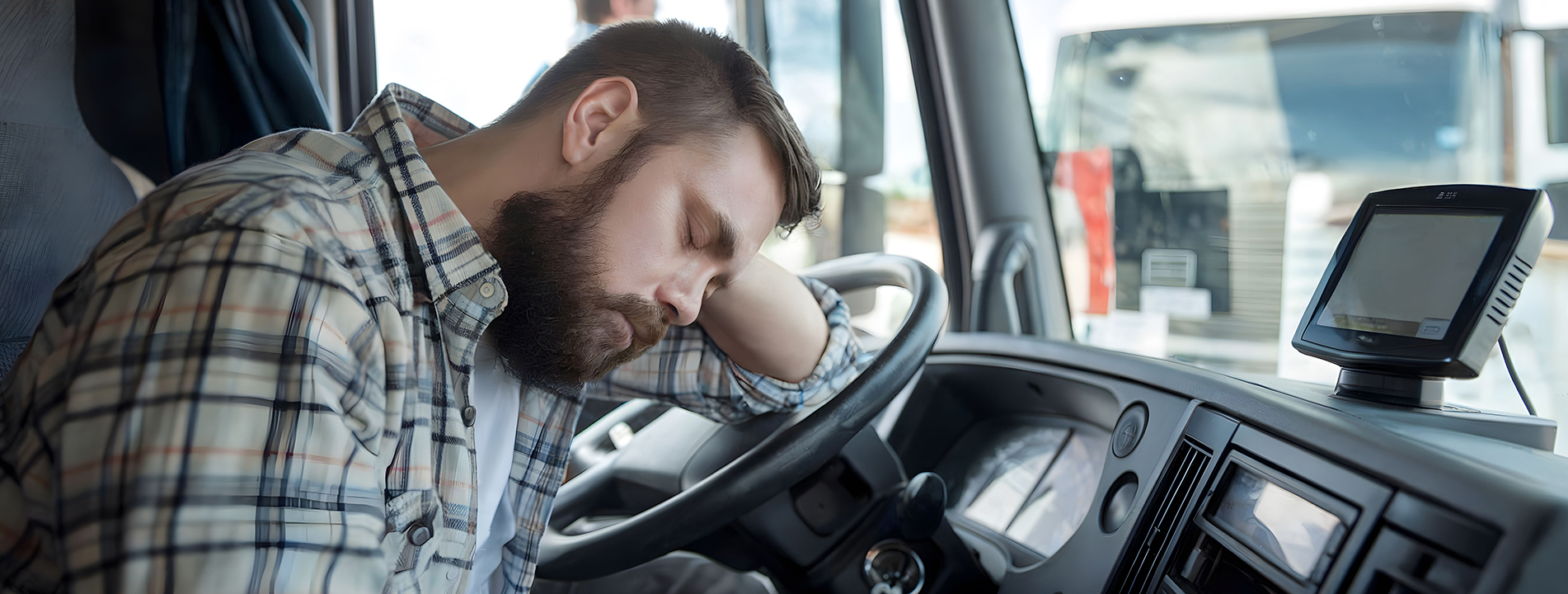The Royal Society for the Prevention of Accidents (RoSPA) and the Fatigue Group are warning drivers of the dangers of drowsy driving after more than 430 people were killed or seriously injured and nearly 1,300 collisions were recorded due to tiredness in 2023.
RoSPA is urging the Government to introduce standardised fatigue assessment tests at the scene of road traffic collisions, akin to breathalyser tests for alcohol. The organisation is also calling for the establishment of a national database to track drowsy driving incidents and the launch of public awareness campaigns aimed at high-risk groups, such as shift workers.
Caitlin Taylor, RoSPA’s road safety manager, said: “Drowsy driving is responsible for many serious and fatal collisions each year.
“Fatigue impairs driving ability similar to drink or drug driving but gets much less attention. This must change. Fatigue slows reaction times, reduces awareness and affects decision-making, putting everyone at risk.
RoSPA calls on employers, policymakers and the Government to act now by improving workplace fatigue management, investing in public awareness campaigns and collecting better data on fatigue-related crashes.
No one should lose their life due to preventable driver fatigue.”
Fatigue is a widespread occupational hazard, particularly in physically demanding industries such as haulage and construction. However, it can also affect office workers who put in long hours before driving home.
RoSPA stresses that anyone who starts to feel drowsy while driving should stop as soon as it is safe to do so. Ideally, they should find a secure place to rest and sleep until they feel sufficiently recovered. Although consuming two strong coffees and taking a 15-minute nap can provide temporary relief, this should not be done more than once per journey.
RoSPA is also urging employers to prioritise staff wellbeing by ensuring workers take regular breaks and incorporating effective fatigue risk management into work schedules.
John-Paul Lomas of The Fatigue Group said: “We have our own personal experience of the perils of driving while tired, having had colleagues die driving home after night shifts.
“The so-called ‘hero’ culture where people continue working despite being exhausted for fear of looking ‘weak’ or letting others down, needs to be replaced by a safety culture where staff mitigate the impacts of fatigue with power naps and rest breaks.
“Our message is simple – getting enough rest is a necessity, not a weakness and could save lives.”
The Fatigue Group is working to transform attitudes towards fatigue risk management in healthcare through education, research and advocacy.”


